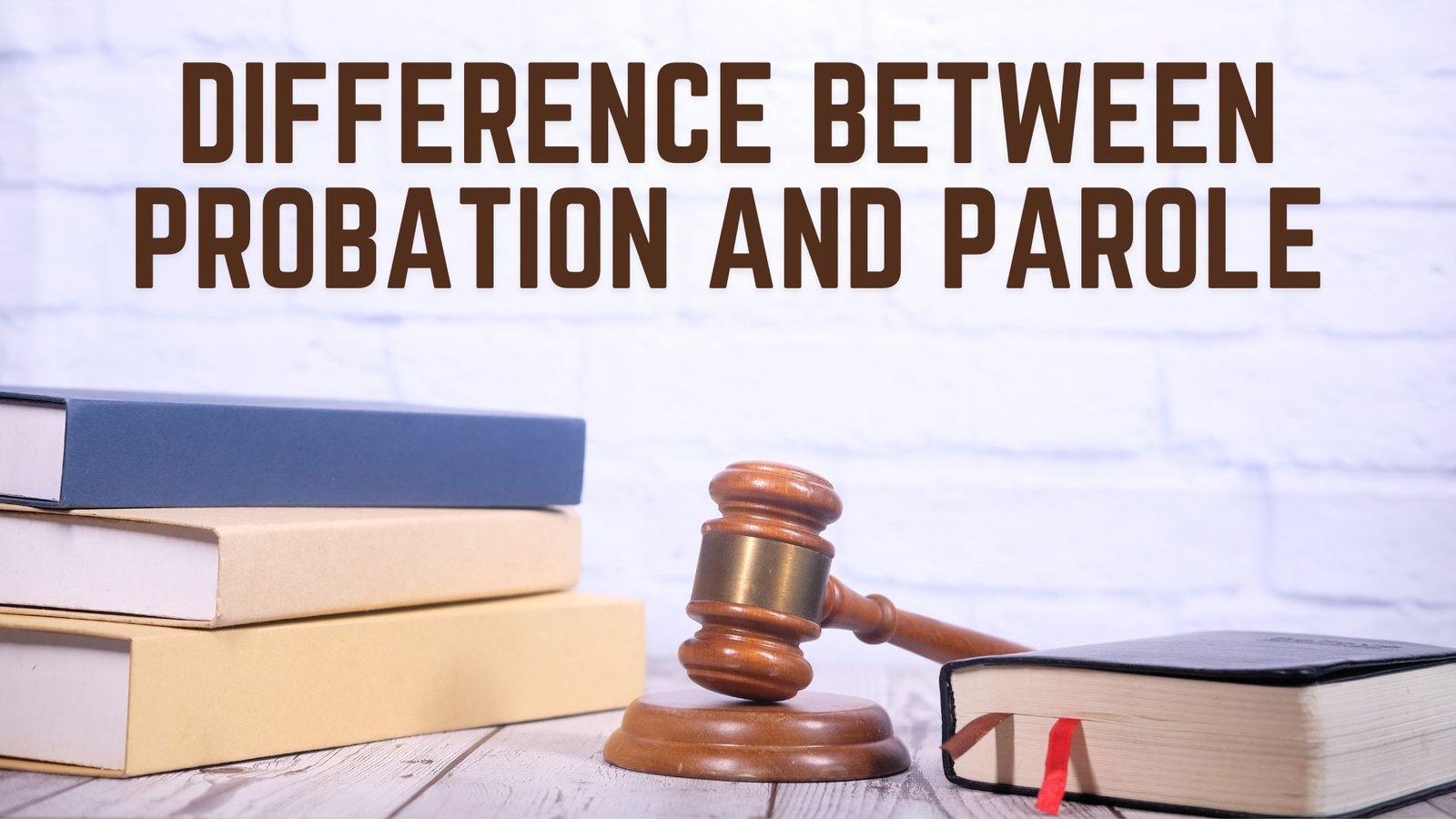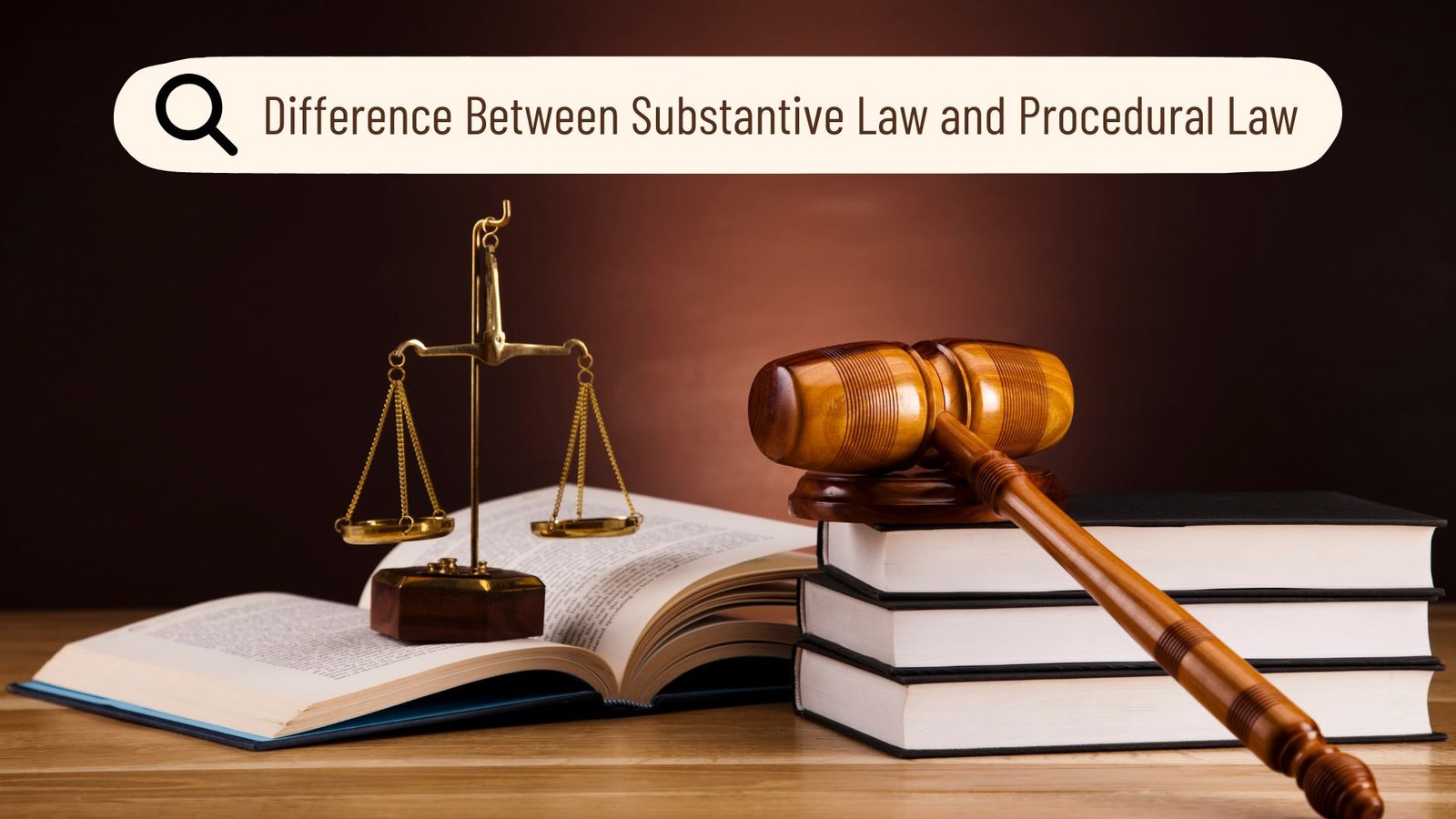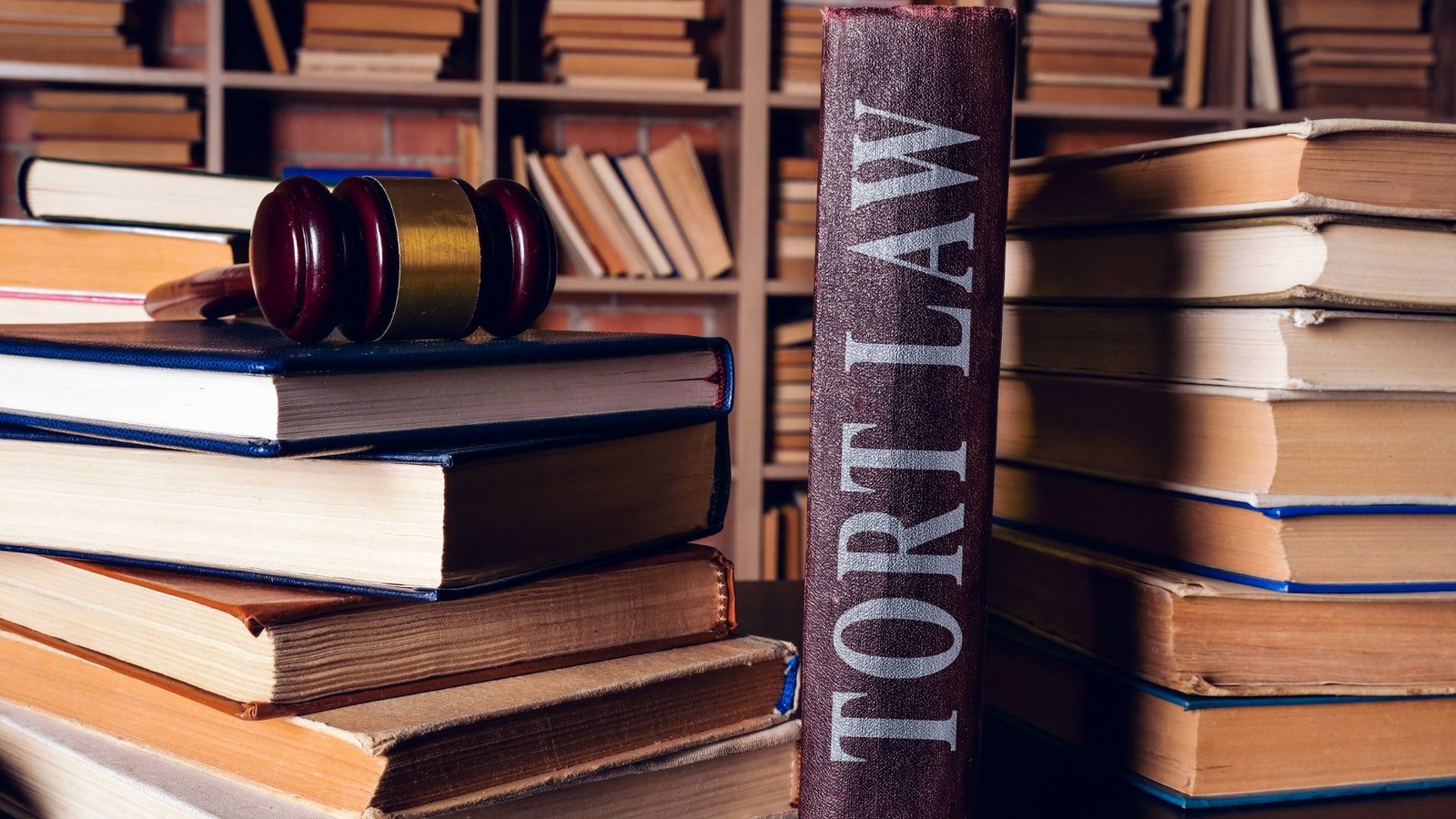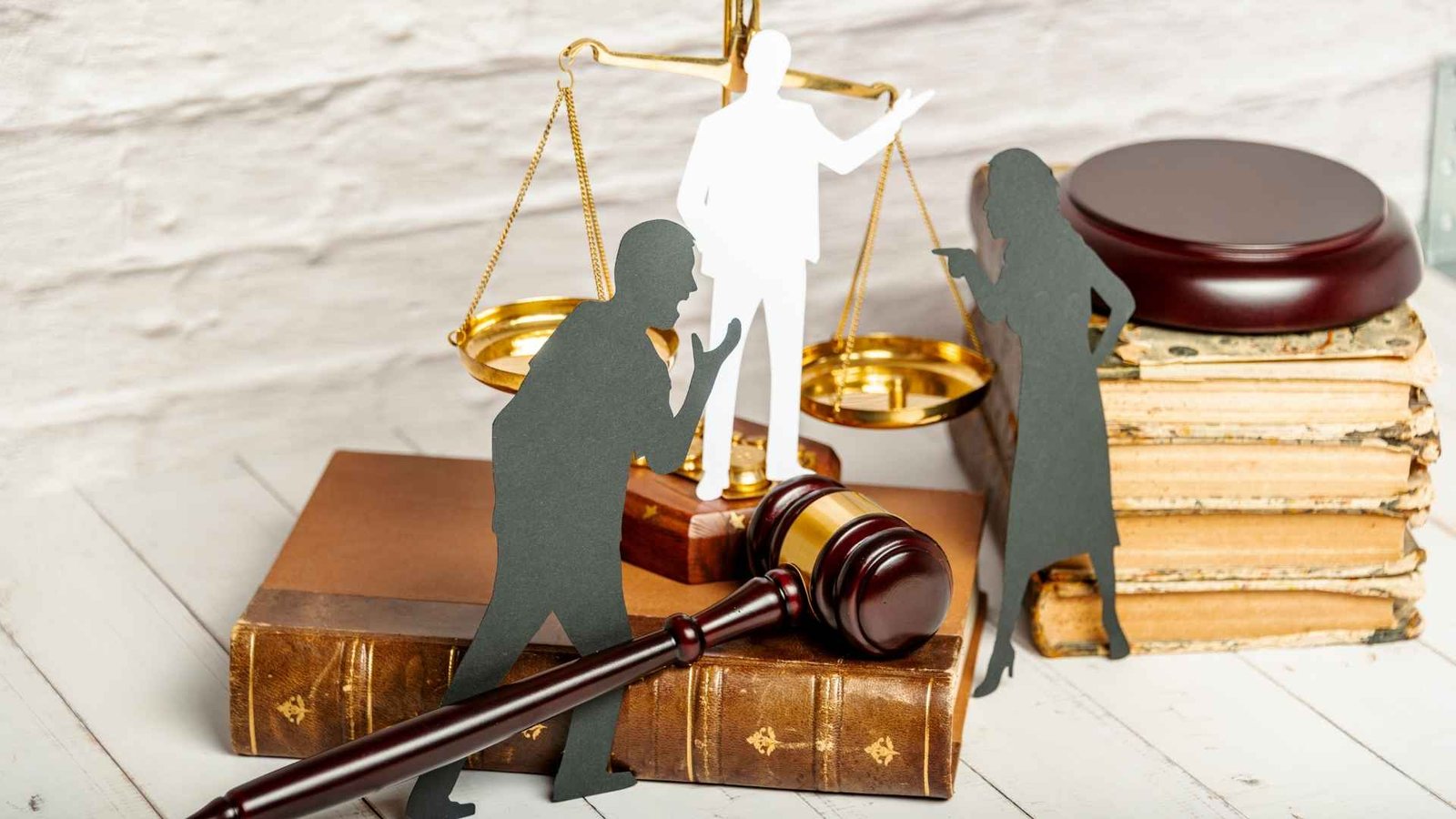On this page you will read detailed information about Difference Between Probation and Parole.
As an educated citizen seeking to understand the workings of the criminal justice system, you know that probation and parole play important roles. However, you may find the precise meanings and distinctions between the two terms confusing. This article will explain in clear detail the key differences between probation and parole in the Indian context. With concrete examples and analysis, you will gain a nuanced understanding of how probation and parole operate in India’s criminal justice framework. From eligibility criteria to supervision protocols, this piece will unpack the mechanics of probation and parole and how they fit into the process of rehabilitation and community reintegration for offenders. Continue reading to become an informed citizen able to evaluate these indispensable parts of the criminal justice process.
Defining Probation and Parole
Probation
Probation refers to a period of supervision in the community imposed by the court instead of imprisonment. The court releases the offender into the community subject to specific conditions and restrictions. The offender must abide by the conditions set out in the probation order. If the offender fails to comply with the conditions, the court may revoke probation and order imprisonment.
Probation aims at reforming and rehabilitating the offender without subjecting them to the harmful effects of imprisonment. It allows the offender to lead a normal life and continue their employment or education. However, the offender remains under supervision and must follow strict conditions like abstaining from criminal behavior, avoiding contact with certain individuals, and reporting regularly to a probation officer.
Parole
Parole, on the other hand, refers to the early release of prisoners before completion of their full sentence. The prisoners are released with certain conditions and restrictions under supervision. The parole board examines the prisoner’s record in prison and decides whether they deserve early release based on good behavior and reformation. If released on parole, the prisoner must abide by the conditions laid down for the remaining period of their sentence. Failure to comply can lead to the cancellation of parole and re-imprisonment.
Parole aims at easing the transition of prisoners back into society. It allows them to re-build their lives under guidance and supervision. Parole, however, does not end the sentence, unlike probation. The prisoner remains under legal custody for the remainder of the sentence but enjoys partial freedom subject to specified conditions. They must report regularly to a parole officer who monitors their progress and ensures compliance.
In summary, while probation refers to community-based supervision imposed in lieu of imprisonment, parole refers to early release from prison under supervision for the remaining part of the sentence. Both aim at reforming and rehabilitating offenders through community integration rather than incarceration alone.
Key Differences Between Probation and Parole
Definition of Probation
Probation refers to a period of supervision over an offender who is allowed to remain in the community instead of being incarcerated. The court will impose probationary terms and conditions on the offender. If the probationer violates these terms, the court can impose a prison sentence. Probation allows the offender to remain in the community, but under supervision.
Definition of Parole
Parole refers to early release of an offender from imprisonment to community supervision. An inmate is conditionally released from prison to serve the remaining portion of the sentence under community supervision. If the parolee violates the terms of parole, he/she may be sent back to prison. Parole allows an inmate to be released early from incarceration but still under supervision.
In the previous post, we had shared information about Understanding the Difference Between Substantive Law and Procedural Law, so read that post also.
Supervising Authority
Probation is imposed and supervised by the court, while parole is granted and supervised by a parole board. The probation officer reports to the court, while the parole officer reports to the parole board.
Timing of Release
Probation is imposed by the court instead of incarceration, so the offender is never actually imprisoned. Parole occurs after a period of incarceration, allowing early release from prison under supervision.
Conditions
Both probation and parole come with conditions that must be followed, such as obeying all laws, not associating with known criminals, abstaining from drugs and alcohol, maintaining employment, etc. Violating these conditions can result in incarceration.
Length of Supervision
Probation lasts for a fixed period as determined by the court, while parole continues until the maximum sentence date or until parole is discharged by the parole board. Parole supervision typically lasts longer than probation.
In summary, while probation and parole are both forms of community supervision, there are some key differences in their administration and application. Understanding these distinctions can help clarify the purpose and process of each.
Eligibility Criteria for Probation vs Parole in India
Probation
Probation is granted by a court to an offender as an alternative to imprisonment. To be eligible for probation, the offender must not have been previously convicted of a serious offence. The offence committed should not be punishable with life imprisonment or death. Probation can only be granted to offenders below the age of 21 years, or to women, or to persons over 65 years of age.
Parole
Parole, on the other hand, is granted by a parole board to a prisoner who has served part of their sentence. Prisoners are eligible for parole after serving a fixed term, which is currently 14 years. Life convicts become eligible after 14 years or serving 20 years of the life term, whichever is less. Parole cannot be claimed as a matter of right. It is granted based on the prisoner’s conduct in jail and the likelihood of reform. Parole requires supervision and certain conditions need to be fulfilled during the parole period.
Differences
While probation is granted in lieu of a sentence, parole is granted after part of the sentence has already been served. Probation is granted by a court, while parole is granted by a parole board. Probation does not require imprisonment, whereas parole is granted to prisoners after a period of imprisonment. Probation requires supervision, but parole also requires certain additional conditions to be fulfilled. Probation can be revoked in case of a violation, and the offender may have to serve the full sentence. Violation of parole conditions can also lead to cancellation of parole and sending the prisoner back to jail.
In summary, while probation and parole are both alternatives to imprisonment, there are some key differences in terms of eligibility criteria, granting authority and conditions to be fulfilled. Understanding these nuances is important to appreciate how the Indian justice system works to reform and rehabilitate offenders.
Probation and Parole Processes and Requirements
Probation and parole are two separate processes with distinct requirements. Probation is an alternative to incarceration, where the convicted individual serves their sentence under community supervision instead of in prison. Parole, on the other hand, is a conditional early release from prison to community supervision.
Probation Process and Requirements
The probation process begins after an individual is convicted of a crime. The court may decide to suspend part or all of the prison sentence and instead place the individual on probation. The probation requirements are determined by the court and may include avoiding further criminal behavior, maintaining employment, attending counseling, and more. The probation officer supervises the probationer to ensure compliance. Violating probation requirements can result in revocation of probation and incarceration.
Parole Process and Requirements
The parole process starts when an incarcerated individual becomes eligible for release, often after serving a minimum portion of their sentence. The parole board reviews the inmate’s record and behavior in prison to determine if they are suitable for early release on parole. If granted, the parolee is released under the supervision of a parole officer. Parole requirements are similar to probation and aim to ensure good behavior and reintegration into society. Failure to comply can result in re-incarceration.
Both probation and parole aim to rehabilitate offenders and protect public safety, with the key difference being that probation is ordered by a court as an alternative to incarceration, while parole is a conditional release from incarceration. The requirements for probation and parole are similar but the processes to attain them differ. Understanding these criminal justice processes and their distinctions is important for individuals who may encounter them.
Pros and Cons of Probation and Parole
Probation
Probation allows offenders to serve their sentences in the community under supervision instead of in prison. Offenders on probation are required to follow certain conditions set by the courts to avoid incarceration.
Some benefits of probation are that it eases overcrowding in prisons and allows offenders to maintain employment and family relationships. However, probation also has some downsides. Offenders may continue to commit crimes if not properly rehabilitated and supervised. Probation officers have high caseloads, making close supervision difficult.
Parole
Parole allows offenders to serve the remainder of their sentences in the community under supervision after a period of incarceration. Like probation, parolees must follow certain conditions to avoid being sent back to prison.
The benefits of parole are similar to probation in that it helps address prison overcrowding and allows parolees to re-integrate into society. However, there are also risks of parolees reoffending if they are not properly rehabilitated during their incarceration. Close monitoring of parolees can also be challenging for parole officers with large caseloads.
Both probation and parole aim to rehabilitate offenders and ease them back into society under supervision. While there are pros and cons to both, when implemented properly and for the right offenders, they can be effective alternatives to incarceration alone. With the suitable level of supervision and rehabilitative programs in place, probation and parole have the potential to positively impact both the offenders and the community.
Conclusion
Ultimately, knowing the differences between probation and parole is crucial for understanding the criminal justice system. When you’re aware of how they function and their purposes, you can better evaluate their effectiveness. Probation aims to rehabilitate offenders without incarceration, while parole seeks to transition prisoners back into society through supervision. Neither are perfect systems, but both provide opportunities for reform. Moving forward, you can use your knowledge to have thoughtful discussions about improving these alternatives to imprisonment. With an open and compassionate mindset, we can craft wise policies that balance accountability, public safety, and second chances.
Disclaimer
The information and services on this website are not intended to and shall not be used as legal advice. You should consult a Legal Professional for any legal or solicited advice. While we have good faith and our own independent research to every information listed on the website and do our best to ensure that the data provided is accurate. However, we do not guarantee the information provided is accurate and make no representation or warranty of any kind, express or implied, regarding the accuracy, adequacy, validity, reliability, availability, or completeness of any information on the Site. UNDER NO CIRCUMSTANCES SHALL WE HAVE ANY LIABILITY TO YOU FOR ANY LOSS OR DAMAGE OF ANY KIND INCURRED AS A RESULT OR RELIANCE ON ANY INFORMATION PROVIDED ON THE SITE. YOUR USE OF THE SITE AND YOUR RELIANCE ON ANY INFORMATION ON THE SITE IS SOLELY AT YOUR OWN RISK. Comments on this website are the sole responsibility of their writers so the accuracy, completeness, veracity, honesty, factuality and politeness of comments are not guaranteed.
So friends, today we talked about Difference Between Probation and Parole, hope you liked our post.
If you liked the information about Difference Between Probation and Parole, then definitely share this article with your friends.
Knowing about laws can make you feel super smart ! If you find value in the content you may consider joining our not for profit Legal Community ! You can ask unlimited questions on WhatsApp and get answers. You can DM or send your name & number to 8208309918 on WhatsApp








